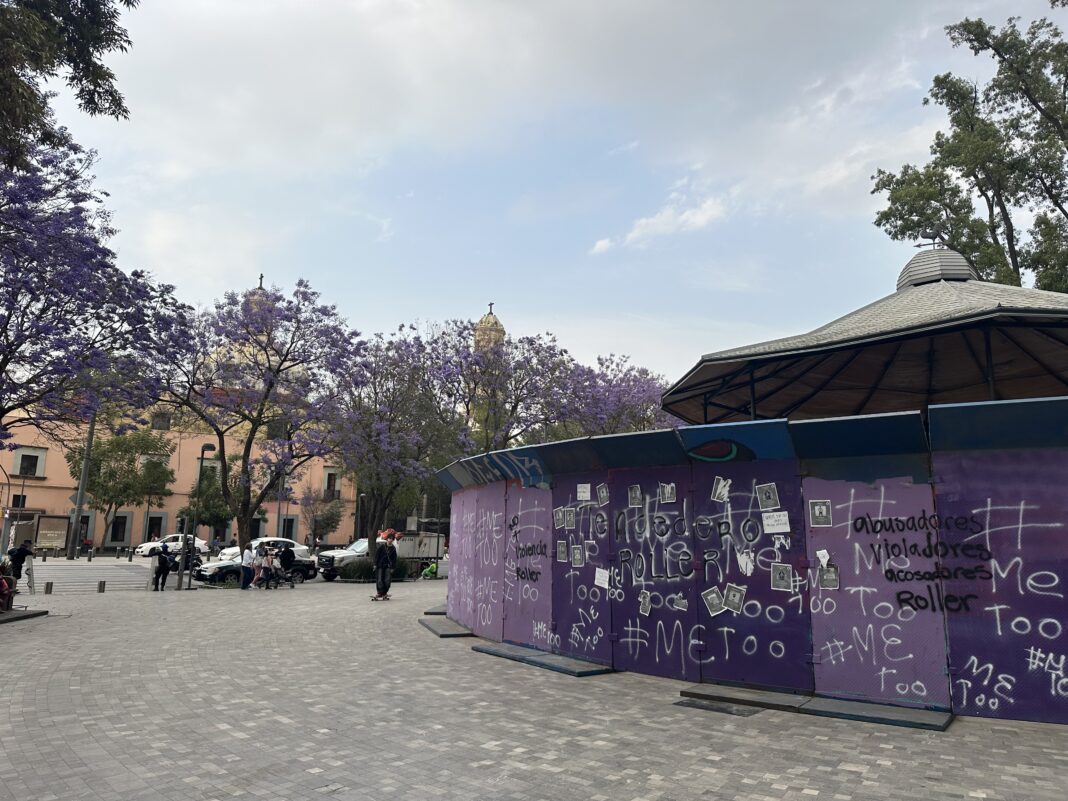In Querétaro, abortion is still a crime. While the country moves toward decriminalization, in this state, women face imprisonment and providing support becomes an act of resistance.
In Mexico, the right to decide over one’s own body is progressing slowly. While 23 states have legalized abortion, eight others—like Querétaro—maintain restrictive laws that criminalize women and medical personnel. This state, known for its economic development, contrasts sharply with its backwardness in public policy and reproductive rights. Here, secrecy becomes the only option for many.
Read: Housing in Mexico City: A Denied Right Turned Privilege for a Few
The case of Esmeralda, a 14-year-old girl prosecuted after a miscarriage following sexual abuse, exposed the cruelty of the system. Although the media uproar halted her persecution, the case set a precedent that highlighted Querétaro’s outdated laws, where women face up to three years in prison for having an abortion—and doctors up to five.
Fanny González, an activist with the Legal Abortion Mexico Collective, shares her own story: “I had an abortion in 2016, at a private clinic, because the treatment in public ones was awful.” The stigma made her question herself, but it also led her to become a support companion. “It’s my right to choose,” she says. Today, she helps women across the country and Latin America, guiding them through a process she describes as “the science of abortion.”
“The State should provide this right”
In Querétaro, collectives like Las Apapacho and Adax Digitales work in the shadows. Jimena Gutiérrez explains, “Abortion is a stage in reproductive life. Not everyone goes through it, but if you do, it’s normal.” Her group provides information and support, ensuring that “clandestine does not mean unsafe.” Meanwhile, Mayra Dávila, from Adax Digitales, has created misoprostol banks in rural areas, where access is limited and prices sky-high. “The State should provide this right,” she demands.
Despite a court ruling ordering the repeal of anti-abortion laws, Querétaro’s Congress has kept them in place, influenced by religious groups. Lluvia Cervantes, from the Network for Sexual and Reproductive Rights, points out: “Anti-rights rhetoric continues to resist.” In the meantime, women resort to clandestine methods, risking their health and freedom.
Society, however, seems to be one step ahead. “The public already understands the process—what’s missing is for the law to recognize it,” says Jimena. Fanny agrees: “Until it’s legal, we’ll keep supporting.” Meanwhile, stories like that of a 12-year-old girl raped by her father and forced to abort reveal the urgency of change.
In Querétaro, the fight for the right to choose continues—amid outdated laws and a society that, little by little, is breaking the silence.



